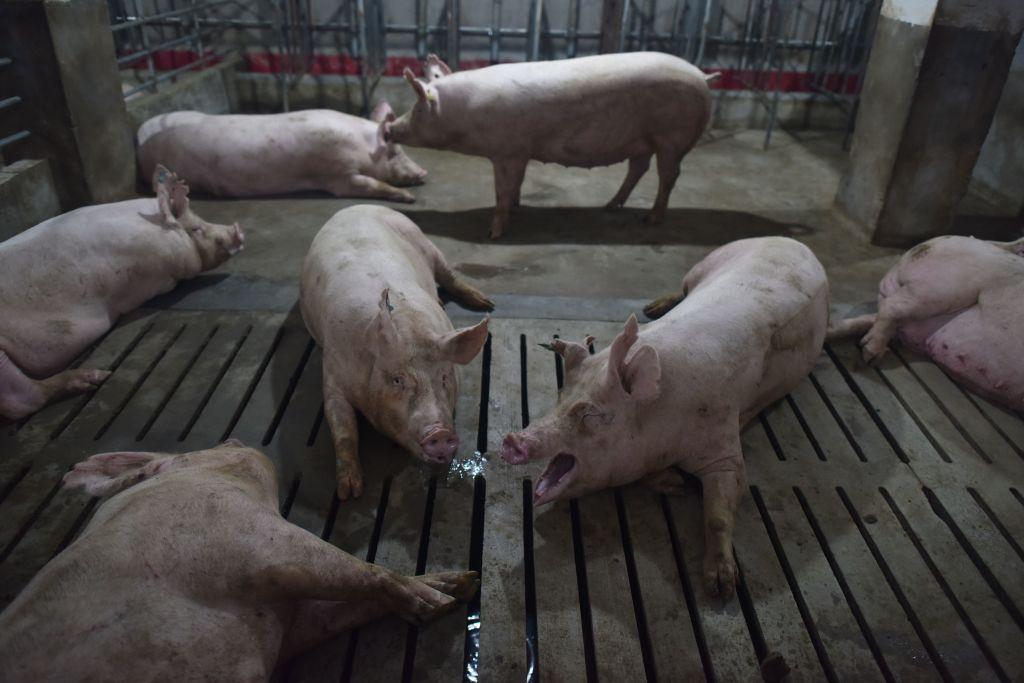Japan authorities recently warned the country to be on high alert regarding the potential spread of African swine fever (ASF), a highly contagious disease that is lethal to pigs and wild boars but not dangerous to humans, according to local media.
Citing data from Japan’s Ministry of Agriculture, Forestry, and Fisheries, Kyodo News reported on Oct. 28 that there have been over 77 confirmed cases of African swine fever-infected pork products including sausage brought in by travelers from countries such as China, Vietnam, Cambodia, and the Philippines.





